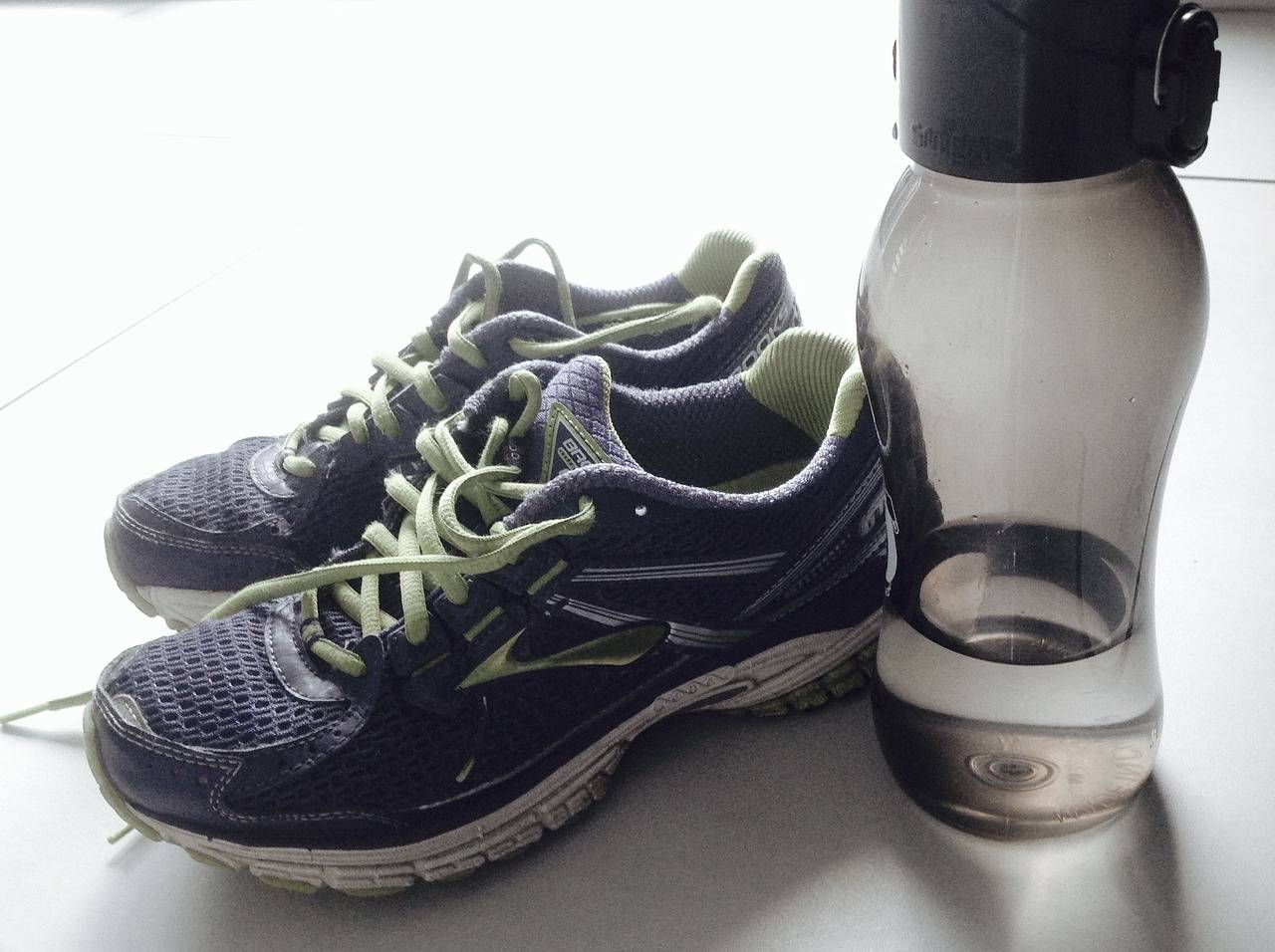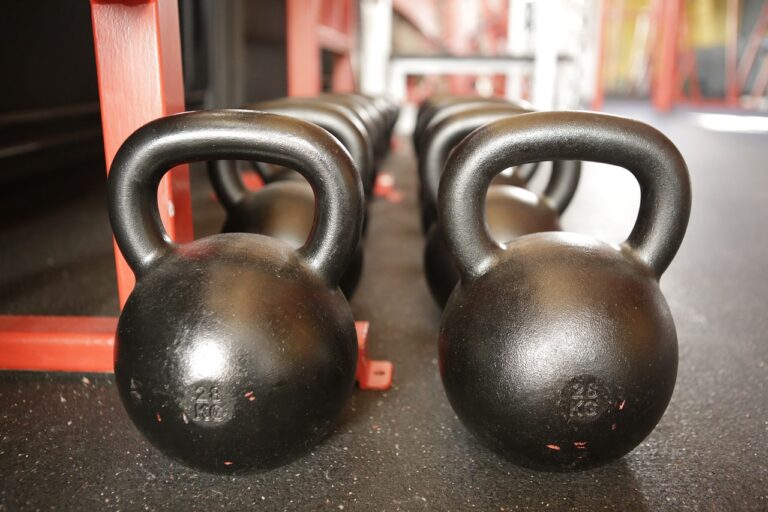Home Health Care for Cardiac Patients: Goldbet7. com, Radhe exchange, 11x play
goldbet7. com, radhe exchange, 11x play: Home Health Care for Cardiac Patients
Living with heart disease can be challenging, but with the right support and care, cardiac patients can maintain a high quality of life. Home health care for cardiac patients offers a convenient and personalized care option that can help manage symptoms, prevent complications, and improve overall well-being.
Here are some important things to consider when it comes to home health care for cardiac patients:
1. personalized care plan: Home health care providers work closely with patients and their families to create a personalized care plan that meets their unique needs and preferences. This may include medication management, dietary guidance, exercise programs, and monitoring of vital signs.
2. Skilled nursing care: Skilled nurses are an essential part of home health care for cardiac patients. They can provide wound care, medication administration, cardiac monitoring, and patient education to help patients better understand and manage their condition.
3. Physical therapy: Physical therapists can develop individualized exercise programs to help cardiac patients improve their strength, mobility, and overall cardiovascular health. They can also provide guidance on safe and effective exercises to promote heart health.
4. Occupational therapy: Occupational therapists can help cardiac patients regain their independence and improve their ability to perform daily activities. They may provide strategies to conserve energy, adapt tasks, and increase safety in the home environment.
5. Home health aides: Home health aides can assist with personal care tasks, such as bathing, dressing, and meal preparation, to help cardiac patients maintain their independence and well-being.
6. Telehealth monitoring: Some home health care programs offer telehealth monitoring services that allow healthcare providers to remotely monitor patients’ vital signs, symptoms, and progress. This can help identify potential issues early and prevent hospital readmissions.
7. Family support: Family members play a crucial role in supporting cardiac patients at home. They can help with medication reminders, transportation to appointments, and emotional support, as well as communicate with healthcare providers about any changes in the patient’s condition.
In conclusion, home health care for cardiac patients offers a comprehensive and personalized approach to managing heart disease in the comfort of their own homes. By working with a skilled team of healthcare providers, patients can effectively manage their condition, prevent complications, and improve their overall quality of life.
FAQs:
1. What types of services are typically included in home health care for cardiac patients?
Home health care for cardiac patients may include skilled nursing care, physical therapy, occupational therapy, home health aides, telehealth monitoring, and family support.
2. How can I access home health care services for a cardiac patient?
Patients can access home health care services through their healthcare provider, hospital discharge planner, or insurance provider. They can also research local home health agencies that specialize in cardiac care.
3. How often do home health providers visit cardiac patients at home?
The frequency of visits from home health providers depends on the patient’s individual needs and care plan. Providers may visit daily, weekly, or as needed to monitor the patient’s condition and progress.
4. Are home health care services covered by insurance?
Many insurance plans, including Medicare and Medicaid, cover home health care services for eligible cardiac patients. Patients should check with their insurance provider to determine their coverage options.







